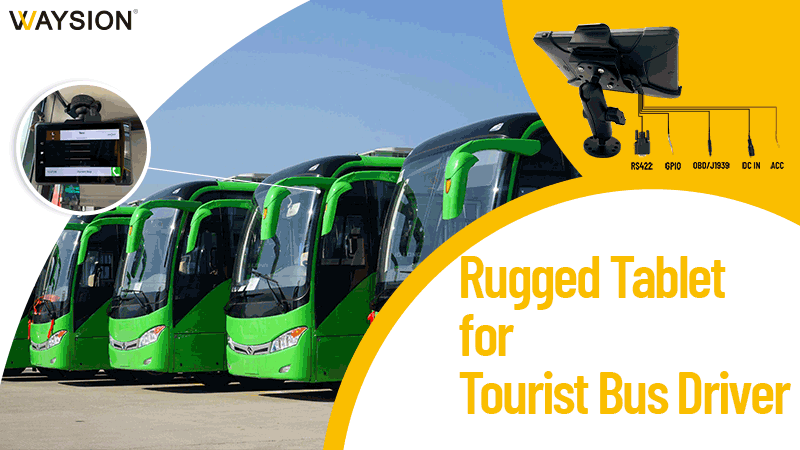In the intricate tapestry of modern technology, the term “embedded PC” emerges as a key component in the fabric of industrial innovation. These specialized systems, ranging from the compact embedded box PC to the robust industrial embedded PC, are the unsung heroes of automation and control. This article aims to demystify the concept of embedded PCs, exploring their definition, types, applications, and the myriad benefits they offer in various industries. Let’s navigate through the versatile world of embedded computing, addressing the search intent of those seeking knowledge on this pivotal technology.
What is an Embedded PC?
An embedded PC is a computer system designed for specific tasks within a larger system. Unlike general-purpose computers, they are not meant for end-user interaction but are integrated into machines or devices to perform dedicated functions. These systems are characterized by their reliability, real-time performance, and ability to operate in harsh environments.
Types of Embedded PCs
Embedded Box PC
The embedded box PC is a compact solution for space-limited applications. It combines processing power with a small footprint, making it ideal for installations where size and efficiency are paramount.
Industrial Embedded PC
Built to withstand the challenges of industrial environments, industrial embedded PCs are designed for durability and longevity. They offer robust construction, ensuring consistent performance even in the face of extreme temperatures, vibrations, and other environmental factors.
Applications of Embedded PCs
Embedded PCs are the backbone of numerous industrial processes, from manufacturing to transportation, and beyond.
Manufacturing
In manufacturing, embedded PCs control assembly lines, monitor quality, and manage inventory. They are crucial for maintaining efficiency and reducing waste in production processes.
Transportation
Embedded systems in transportation manage traffic signals, vehicle diagnostics, and navigation systems. They ensure the smooth operation of public and private transport networks.
Healthcare
In healthcare, embedded PCs are integral to medical devices and imaging systems, providing reliable data processing and control mechanisms that are vital for patient care.
Benefits of Embedded PCs
The integration of embedded PCs into industrial processes offers several advantages:
- Enhanced Reliability: Designed for continuous operation, embedded PCs offer dependable performance in critical applications.
- Customization: Tailored to meet specific operational requirements, ensuring optimal functionality.
- Efficiency: Minimizing downtime and operational costs through automation and precise control.
- Scalability: Facilitating easy integration and expansion to accommodate evolving industrial demands.
Common Queries about Embedded PCs
To provide clarity and address the search intent of readers, let’s explore some frequently asked questions about embedded PCs.
How Do Embedded PCs Differ from Traditional Computers?
Embedded PCs are specialized for specific tasks and environments, focusing on reliability, real-time performance, and minimal power consumption. Traditional computers, on the other hand, are designed for general use and offer a broader range of applications.
What Makes Embedded PCs Ideal for Industrial Use?
Their ability to operate in harsh conditions, coupled with their real-time processing capabilities and robust construction, makes embedded PCs ideal for the demands of industrial applications.
What Factors Should Be Considered When Choosing an Embedded PC?
Key considerations include the operating environment, processing requirements, connectivity needs, and the level of customization available to meet specific application demands.
How Do Embedded PCs Impact the Future of Industrial Automation?
Embedded PCs are driving the future of industrial automation by enabling smarter, more efficient, and interconnected systems. They are central to the ongoing digital transformation in the industry.
Conclusion: The Indispensable Role of Embedded PCs
Embedded PCs are more than just components; they are the driving force behind the efficiency and reliability of modern industrial systems. As we look to the future, their role is set to expand, with technological advancements pushing the boundaries of what is possible. Whether in the form of an embedded box PC or as part of a larger industrial system, their impact is undeniable. As industries continue to evolve, the demand for robust, intelligent, and specialized embedded computing solutions will only grow, solidifying the embedded PC as a cornerstone of progress in the industrial world.

评论
发表评论